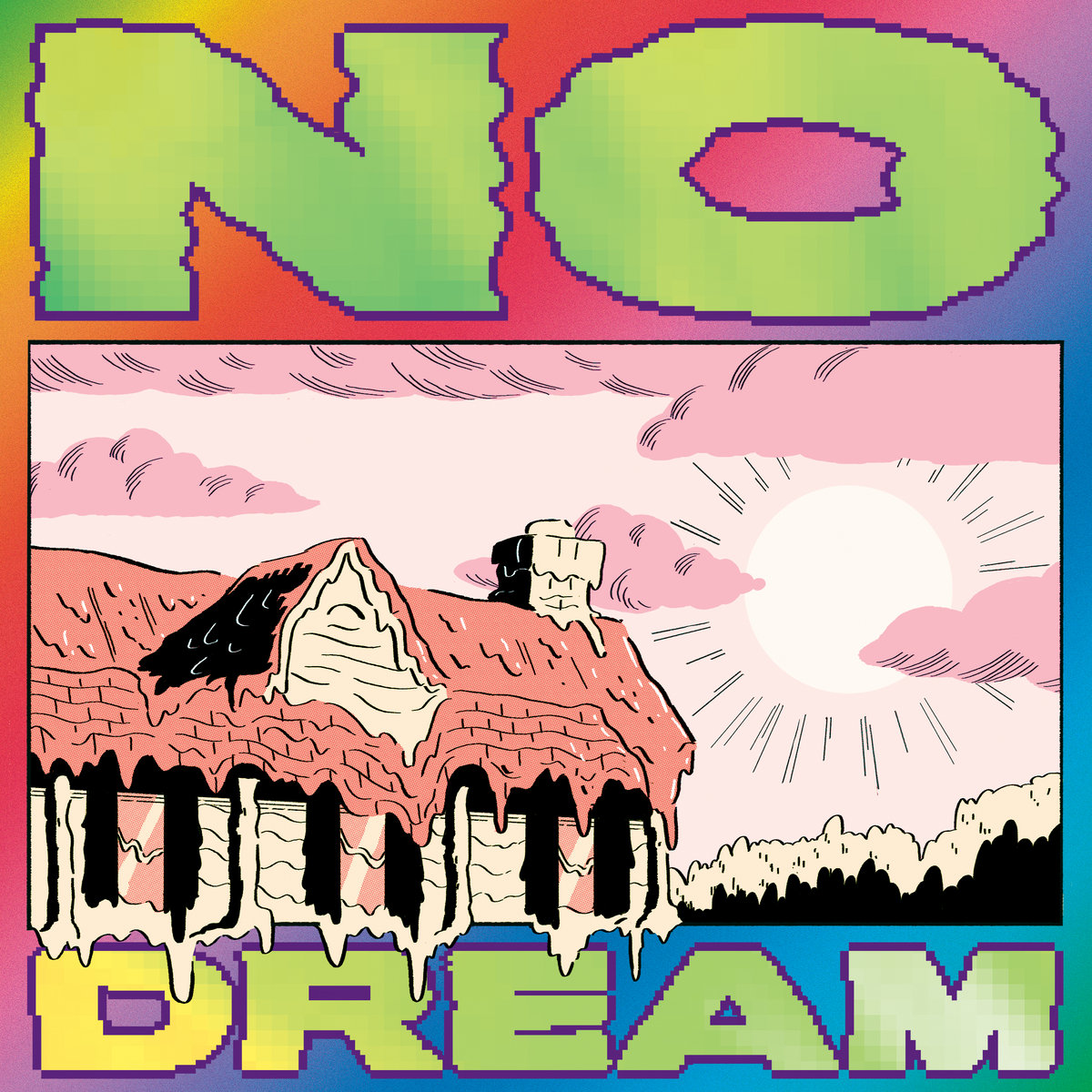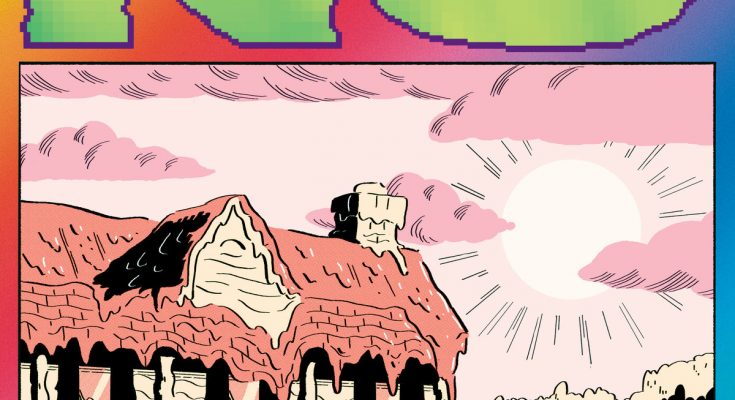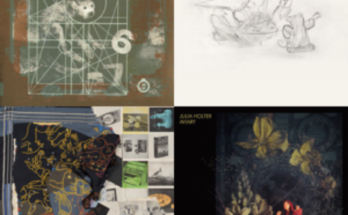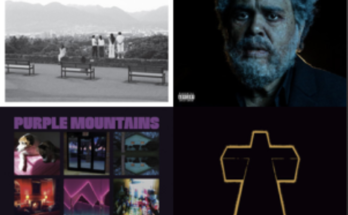
The recent run of Jeff Rosenstock’s albums have always managed to capture a vision of the anxieties of the present, whether it came from 2016’s WORRY. coming after that year’s election or 2018’s POST- alongside the confirmation that the shape of the world reflected some of the singer’s worst fears coming true. In another two years, we are here again with the surprise release of NO DREAM, and the concerns that Rosenstock brings continue to extend and energize with trademark chants and shouts that continue the throughline of his work. If the past albums were statements on entering a disquieting landscape and what we can try and do when we find ourselves in it, NO DREAM explodes with whatever Rosenstock can grasp at when it seems there is little hope in the present. It can seem the songwriting is almost prescient; no way could an album formed in the early months of this year have predicted where we find ourselves week-to-week currently, but that distress and concern have always been there and Rosenstock makes sure each song slams into these fears in a way that brings you out the other side with some hope and exhilaration.
Every moment of high-springing emotion found on the record is always threaded back with anxious examination, asking if finding some small moments of joy or resistance even matters, especially, when everything seems at odds with that joy even looking like a possibility. Whether it’s taking a drink to ignore, for a second, the place of the world, or a conversation had a few minutes back on “Nikes (alt)”, to the fearful dystopian reality shown on TV in “N O D R E A M,” describing each of the moments and images that inhabit Rosenstock’s lyrics give the sense of a nosedive into sadness and despair, but misses the contradicting atmosphere and hope that is there in the music. When the lyrics become too much to bear in the latter song, the tempo speeds up, the drums start to come in, and the chanting begins. “It’s not a dream, not a dream,” Rosenstock starts to shout, and the song enters a breakneck pace, and whirls the listener into the exuding energy that he cannot help but get into. Maybe the present that is seen is bleak, but there’s always a chance to get past it to a brighter future, even if that means clinging on to enough energy to tell yourself it’s fine, as he does at the end of “State Line.” For Rosenstock, it may even not just be telling yourself that but finding the energy to shout those truths at yourself to make them real.
Even as the album begins bringing itself closer to Rosenstock’s own feelings and experiences as a musician, the songs never lose a bleak optimism that coats itself in liveliness. Here, between punchy anthems bouncing between self-destruction, exhaustion in a Airbnb that you could almost dream of making a home in, and the double-bind of fame’s freedom and constrained expectation, some of Rosenstock’s best writing to date comes out as you can almost hear the vigor he needs to bring into a room. The problem with these anxieties is their crushing feeling of restriction, that amidst the intersecting overflow of problems, we have to make our way through the people that will find themselves frozen in place, still being the same person they were two or four years ago. The hope is in resisting that paralysis; in flexing, moving, chanting and acting in a way that shows what we want to become, even if we fall short. Those questions in the album’s opener, “NO TIME,” are not rhetorical, but want to see if someone has grown from the last time they met. “Did you learn to forge a path towards existing comfortably/In a total nightmare concurrent with legal weed? Did you harness the inner fortitude to present gracefully?” The biggest anxiety Rosenstock seems to circle is that when he looks at himself in the mirror years down the line that he will be the same person in the mirror, and that is something he fears for every person around him.
When the album finally gets to its closer and one of the album’s best tracks, “Ohio Tpke,” it starts as a thrusting love song, speeding across the road, going to and from someone they love. By the end, with the crashing cries of “I hate coming home/I hate leaving home,” the song breaks away from the buzz of a guitar to a fading piano, then silence, then a final curt exclamation from one of the musicians. For all the crying out of necessity to move around, both from the lyrics and the electricity of the music itself, those final moments feel like a moment to slow down, take it in, finding whether the path you are on is right for you. Evaluating worries is Rosenstock’s writing process, and here the slowdown gives room for finding out if you are moving towards what you want, whether the path you are taking right now leads you closer to who you want to be two years down the line. By then, Rosenstock may be back again, checking in to see if anything has changed, and probably another album that feels that much closer to yourself and the world of that future than the last.




